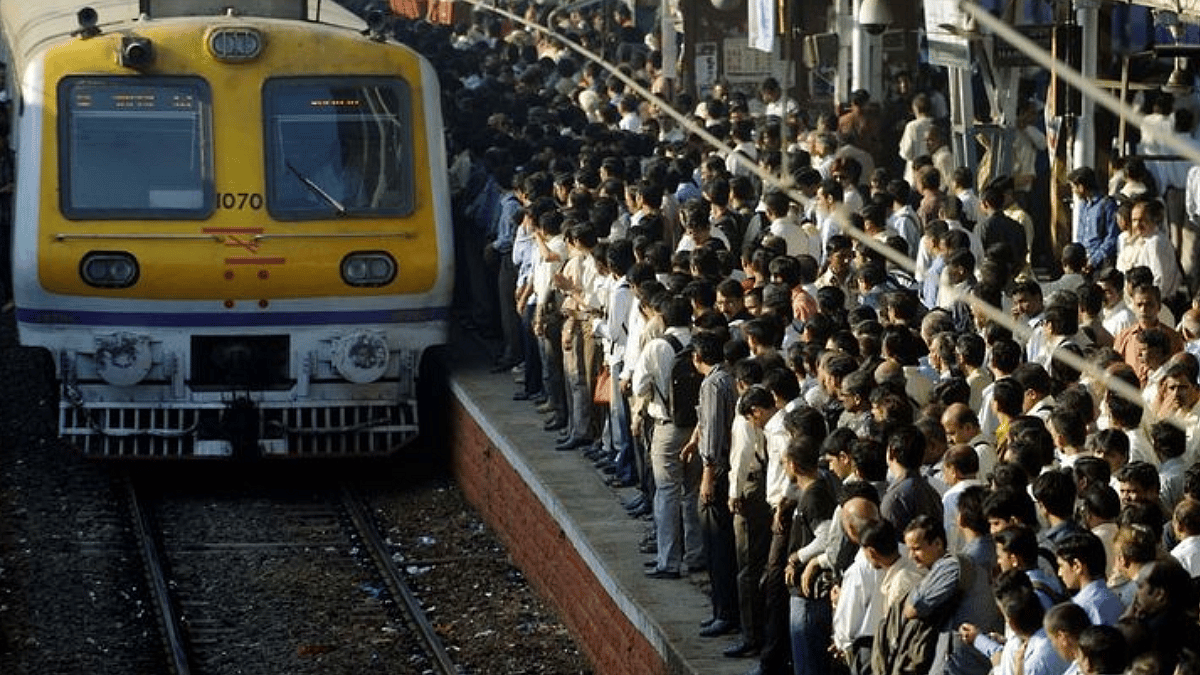Mumbai: Financial capital of the country, Mumbai is renowned for its hardworking citizens and fast-paced, nonstop way of life. Although there are many options in the city, living here can occasionally be difficult and other times it can be an absolutely incredible experience. In the meantime, a doctor’s post on X (previously Twitter) named as Dr. Rahul Baxi’s post has received attention of Mumbaikar’s and sparked debate on “vicious work routine” that citizens cope up with.
Check post by Dr. Rahul Baxi
Dr. Rahul Baxi mentioned on his post, ”Saw a gentleman with diabetes (not under control) yesterday. Stays Vasai, works in a bank at Sion. Leaves home 6:30 am, reaches by 10 pm. Was about to tell him that it’s essential to sleep for 7-8 hours as it will help control diabetes. Then realised that he’s at home only for 8 hrs 30 mins. Has a family too. Lot of such people are leading a tough life in Mumbai”.
Check Comments by Users
Doctor post stirred debate on health and daily commute system of Mumbaikars on social media.
Highlighting the issue of long travel hours, a user commented,”3.5 hrs even with end to end connectivity from Vasai to Sion seems a bit too much Nevertheless daily such stories of very tough lives We have staff sisters in govt hospitals who come from Dombivli to Kandivli For 7 am shift They wake up (if you can call it waking) at 3”.
Conversely, another user stated that ”This High stressful everyday life with travel in overcrowded trains, mental pressure, physical exertions, workload etc has been normalised as “spirit of Mumbai”. Anyone that questions this norm, is labelled anti-mumbai, lazy and what not”.
”Many people will celebrate this common occurrence as the spirit of Bombay” a user commented. Conversely, another user commented, ”It’s a pointless struggle… I hate it when they glorify the local train commutes”.
Only taking about the health a user said, ”Heart attacks are on the rise, and our modern lifestyles are largely to blame. The constant hustle for better jobs and higher pay leads us to neglect our health, creating a vicious cycle that’s hard to break. It’s time to curb this alarming trend”.
